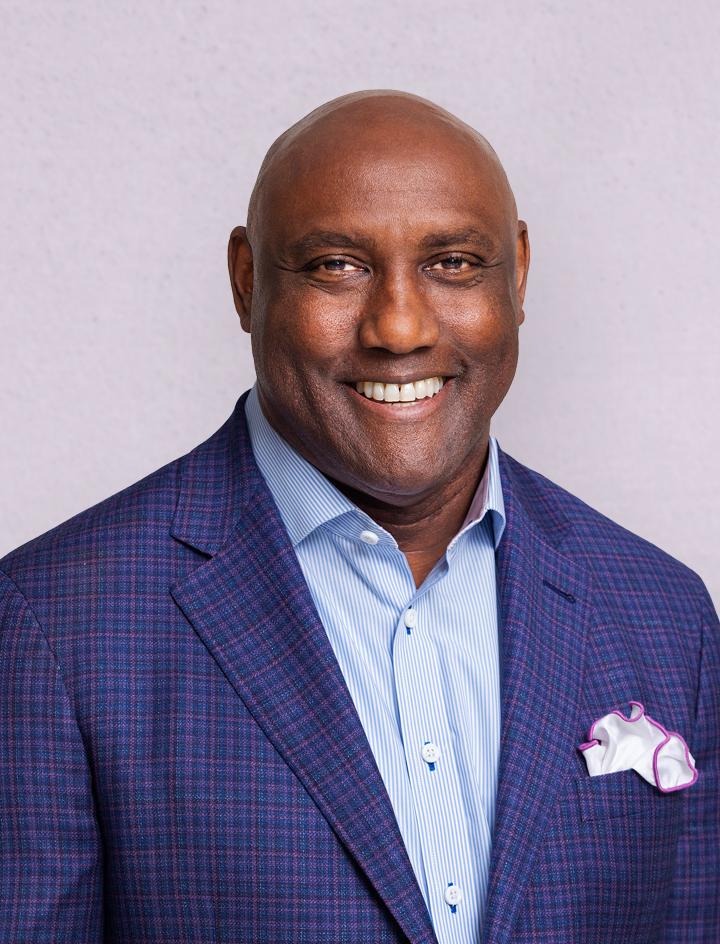Why Business Ethics Matter...Perhaps More Than Ever
A meditation on improving trust in financial services.
Author

George Nichols III
CAP®
Subscribe to Newsletter
Related Posts
April 06, 2020
In different times, trust is cemented in different ways. Today, perceived trust comes with some uncertainty of motive. That’s a problem, especially in the financial services profession, where well-documented scandals have stripped millions of their savings, their homes, and even some foundational perceptions of meaning like their self-worth.
Do you think I’m exaggerating? While the S&P 500 returned 30.43% in 2019, just 49% of millennials experienced the rise, down sharply from the 61% who rode the soaring market from 2001-2008. We all remember what happened next…a recession that took a psychological toll on young investors during their formative years and shaped an economy that took several years to recover. In turn, these investors didn’t reap the market’s revival due to distrust in the institution.
This isn’t a “financial services problem.” Enron, Boeing, and Facebook are just a few examples of ethical lapses that have eroded public trust. But to say that these events are bound to human nature or are just inherent in American capitalist society is just wrong.
At The American College of Financial Services, we continue to take ethics well beyond words. We ingrain our advocacy for ethical standards into our company culture, academic rigor, and alumni initiatives.
In 2020, The American College Cary M. Maguire Center for Ethics in Financial Services celebrates its 20th anniversary. As the only ethics center within an academic institution focused exclusively on the financial services profession, the Center promotes ethical behavior by offering programs that go beyond the rules of market conduct to help executives and producers be more sensitive to ethical issues and think more critically about solutions.
In January, I moderated a panel at ACLI’s ERT meeting alongside executives Roger Ferguson, Chief Executive Officer of TIAA, and Roger Crandall, President and Chief Executive Officer of MassMutual. We had a profound, prosperous conversation on the people, processes, and planning that goes into not just building, but maintaining, an ethical business culture. Later that week, we also celebrated the 20th anniversary of the Forum on Ethical Leadership, the vision of Jim Mitchell and his wife Linda. They are synonymous with advancing business ethics through the profession, just as they are so appreciated and deep-rooted in The College’s history.
It’s been said that ethics represents the attempt to resolve the contact between selfishness and selflessness. In such a fast-paced world, the greatest threat to relationship-based enterprise isn’t technology, but ourselves. Yes, technology is pushing the envelope and narrowing any margin for error, but we as professionals can still win the day by always working in the best interests of those we serve; that the benefit is theirs, not ours.
We live this commitment every day at The College. It’s in our DNA. Moreover, I believe we have an opportunity, even an obligation, as an accredited, non-profit institution serving the financial services profession to continue to forge forward as a catalyst for shaping this all-important conversation.
How does that happen? By coming together, and by working with the best and brightest minds in stewardship of the financial services community, in the interests of the clients who are entrusting us with their financial futures. This is a topic I’ll be talking more about over the weeks and months to come.
Related Posts